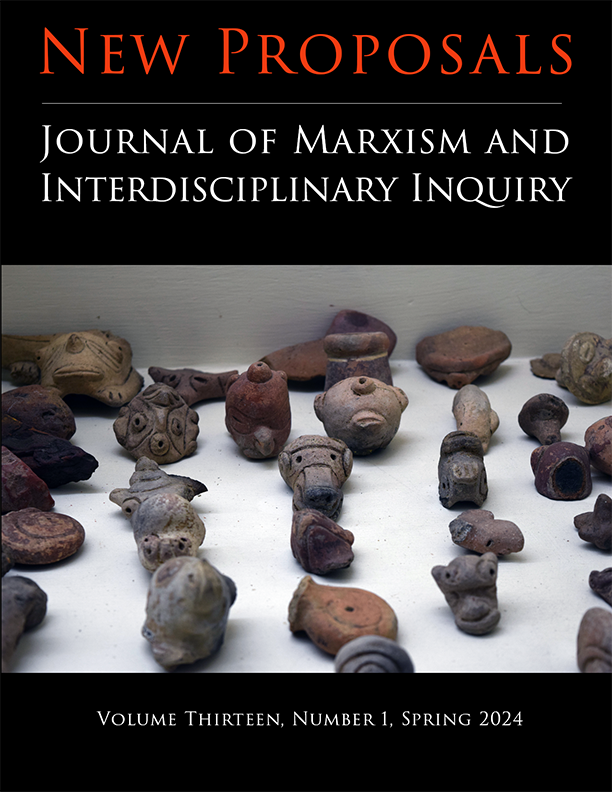Returning Home to Care
Social Reproduction at Work
Abstract
Caribbean women have historically done productive and reproductive work that has been rendered less than visible and undervalued economically and socially for the state, family, and community. Emigration from the Caribbean to economically wealthier states across the Global North and South remains an important route to individual and familial improvement. Migrant women continue to fulfil “family responsibilities” transnationally, even throughout the COVID-19 pandemic. Concurrently, there are women who return to countries of birth to care for aging parents. With an aging population in Trinidad and Tobago, elder care becomes important not only to the state and how it allocates resources for this population, but also for children and families. But why do “highly skilled” women return to do this proximate care work? With Marxian feminist analyses in mind, I detail the shared pressures and expectations on women that cross-cut class and income. From unstructured and semi-structured interviews with eight voluntary women returnees in Trinidad, I describe the reciprocal obligations at work to undervalue this reproductive labor. If privileged women are strained within present day conditions of austerity, even more socially and economically vulnerable women are further strained. The capitalist logics of work globally and Caribbean cultural particularities provide cover for this persistent undervaluing of reproductive labor, continuing systemic inequalities.
Downloads
Published
Issue
Section
License
Copyright (c) 2024 Shelene Gomes

This work is licensed under a Creative Commons Attribution-NonCommercial 4.0 International License.
Copyright for articles published in this journal is retained by the authors, with first publication rights granted to the journal. By virtue of their appearance in this open access journal, articles are free to use, with proper attribution, in educational and other non-commercial settings.
